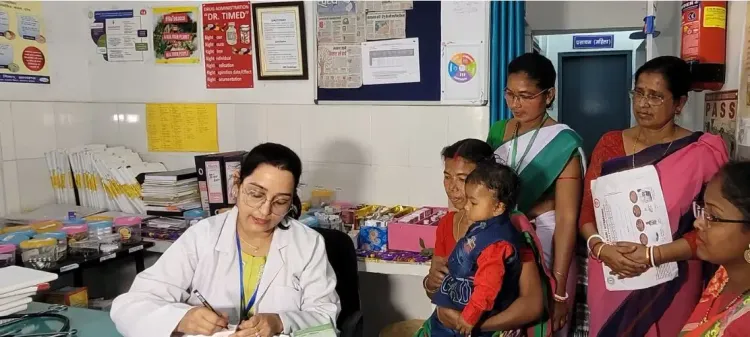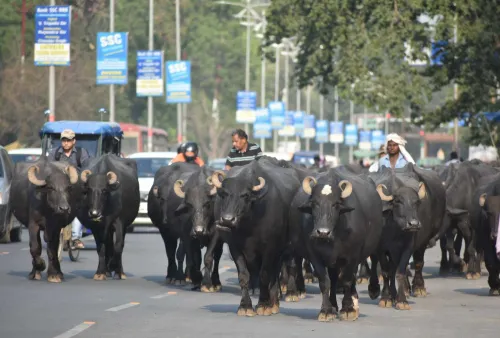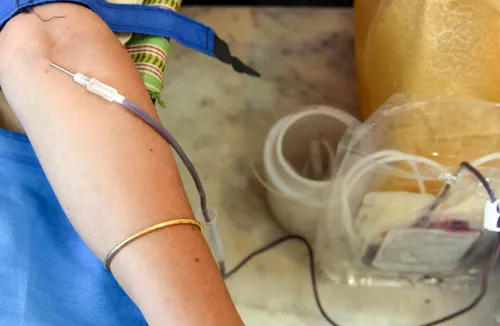India Recognized as One of 5 'Exemplar Countries' in Reducing Child Mortality: UN Report

Synopsis
Key Takeaways
- India is one of five exemplar countries in reducing child mortality.
- Investment in health systems is crucial for success.
- Ayushman Bharat plays a key role in maternal and infant care.
- Significant reduction in infant and under-five mortality rates.
- Ongoing improvements in health infrastructure and services.
New Delhi, March 27 (NationPress) Thanks to improved investments in the health system, notably the Ayushman Bharat programme, India has been identified as one of the five ‘exemplar countries’ in the reduction of child mortality, as reported by the United Nations.
The recent report on Child Mortality Estimation highlighted that despite encountering financial and geographical obstacles in service delivery, nations including Burundi, Ghana, India, Nepal, and Senegal have made significant strides in decreasing preventable child fatalities.
“These nations demonstrate that with political will, evidence-based strategies, and persistent investments, even resource-limited environments facing distinct challenges can achieve noteworthy reductions in mortality, advancing the global effort to eliminate preventable child deaths,” noted the report.
According to data from the Ministry of Health and Family Welfare, the Infant Mortality Rate fell from 32 per 1,000 live births in 2018 to 28 per 1,000 live births in 2020, achieving the target set for 2019.
India's under-5 mortality rate (U5MR) has seen a significant drop, from 45 to 32 per 1,000 live births between 2014 and 2020.
The report emphasized that India accomplished these improvements through robust health system investments.
“Since 2000, India has achieved a remarkable 70% reduction in under-five mortality and a 61% decrease in neonatal mortality, driven by overlapping strategies aimed at expanding health coverage, enhancing available interventions, and developing health infrastructure and human resources,” stated the UN report.
It acknowledged the government’s flagship initiative, Ayushman Bharat—the largest health insurance scheme globally—for providing pregnant women with delivery and nutritional benefits, as well as infant care.
“Every pregnant woman in India is entitled to free delivery, including caesarean sections, while infant care encompasses free transport, medications, diagnostics, and dietary support in public health institutions,” the report elaborated.
Moreover, it pointed out India's efforts to strengthen health infrastructure by establishing maternity waiting homes, maternal and child health wings, newborn stabilization units, sick newborn care units, mother-newborn care units, and a dedicated program for birth defect screening.
Other initiatives include administering antenatal corticosteroids for preterm labor, utilizing continuous positive airway pressure, and conducting follow-ups for vision and hearing to enhance newborn survival.
“This ensures millions of healthy pregnancies and successful live births each year,” the report concluded.
The country has also prioritized training and deploying skilled birth attendants, such as midwives and community health workers, to deliver appropriate maternal and child health services. Furthermore, data systems and digital monitoring of maternal, newborn, and child health indicators are perpetually refined to bolster evidence-based decision-making.










